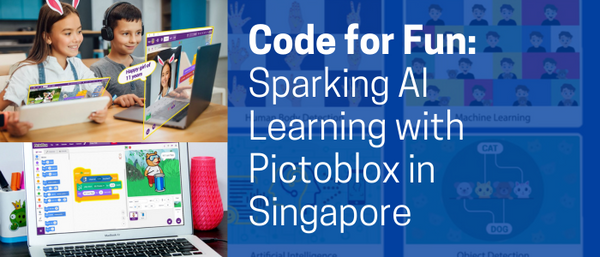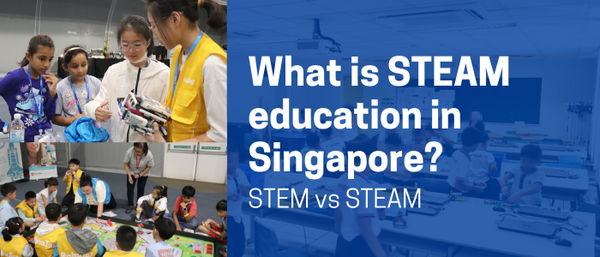How to become an AI engineer as a kid (4 ways)
4 ways you can help your child to become an AI Engineer
- Cultivate a Strong Foundation in Math
- Explore Programming Basics Early On
- Engage with AI through Games and Apps
- Seek Out Educational Resources and Communities
1. Cultivate a Strong Foundation in Math
Building a strong math foundation is crucial for aspiring AI engineers. Schools often focus on rote memorization rather than genuine understanding, leading to gaps in skills needed for advanced study. Programs like Northeastern University’s Bridge to Calculus help high school students prepare by pushing them beyond the basics. Free online resources such as Khan Academy and YouTube provide alternative ways to grasp complex concepts quickly. In addition, community college classes can offer personalized support through one-on-one tutoring sessions. Students find math easier and more engaging when linked with real-world problems in AI engineering. Viewing math as practical and applicable helps achieve this.
2. Explore Programming Basics Early On
Learning programming basics early is key for aspiring AI engineers. Understanding languages like Python helps build problem-solving skills and logical thinking. These are essential in developing algorithms used in AI applications. According to the Bureau of Labor Statistics, jobs for this category will grow 21% from 2021 to 2031, underscoring high demand. Moreover, companies like Google and Apple hire AI experts with strong coding backgrounds. By mastering fundamentals at a young age, one gets a head start on complex subjects later on—like machine learning models and data structures—which are crucial elements in advanced stages of becoming an AI engineer.
Read more about programming with Pictoblox and LEGO® Education
3. Engage with AI through Games and Apps
Engage with AI through games and apps designed specifically for kids. These tools introduce young minds to complex concepts in accessible ways. For instance, many coding apps let children build and train simple AI models or create fun games using basic machine-learning principles. Hands-on learning helps solidify these skills while fostering creativity and problem-solving abilities. Encourage experimentation by providing access to age-appropriate platforms where they can test their designs, make adjustments, and see immediate results. This interactive approach develops a curiosity about technology and builds foundational knowledge essential for future engineers.
4. Seek Out Educational Resources and Communities
- Seeking educational resources and communities is key for young AI enthusiasts.
- Join online platforms like Coursera or Khan Academy to learn from experts. Participate in forums such as Reddit’s r/MachineLearning, where ideas are exchanged freely.
- Attend local coding clubs or workshops; they offer hands-on experiences with real-world applications of AI in health monitoring and personal assistants.
- Engage with peers on GitHub by contributing to open-source projects, a great way to build practical skills and improve problem-solving abilities.
- Networking through these channels can also lead you to mentors who can guide your learning journey effectively while keeping ethical considerations at the forefront.
- Becoming an AI engineer as a kid starts with curiosity. Explore basic coding languages like Python, which lays the foundation for understanding algorithms.
- Engage in online tutorials and platforms offering beginner courses tailored to young learners.
- Participating in STEM programs can also spark interest and provide hands-on experience.
- Books on machine learning, robotics kits from Duck Learning, or simple DIY projects foster skills early on.
- Collaborate with peers who share similar interests to build teamwork abilitis while staying updated with tech trends through relevant blogs and videos.
References:
https://aidegreeguide.com/blog/can-i-work-in-ai-if-math-isnt-my-strong-suit/
https://emeritus.org/blog/ai-ml-how-to-become-an-ai-engineer/
https://autogpt.net/your-ultimate-guide-to-ai-for-kids/
https://swe.org/magazine/career-pathways-spring-24/



